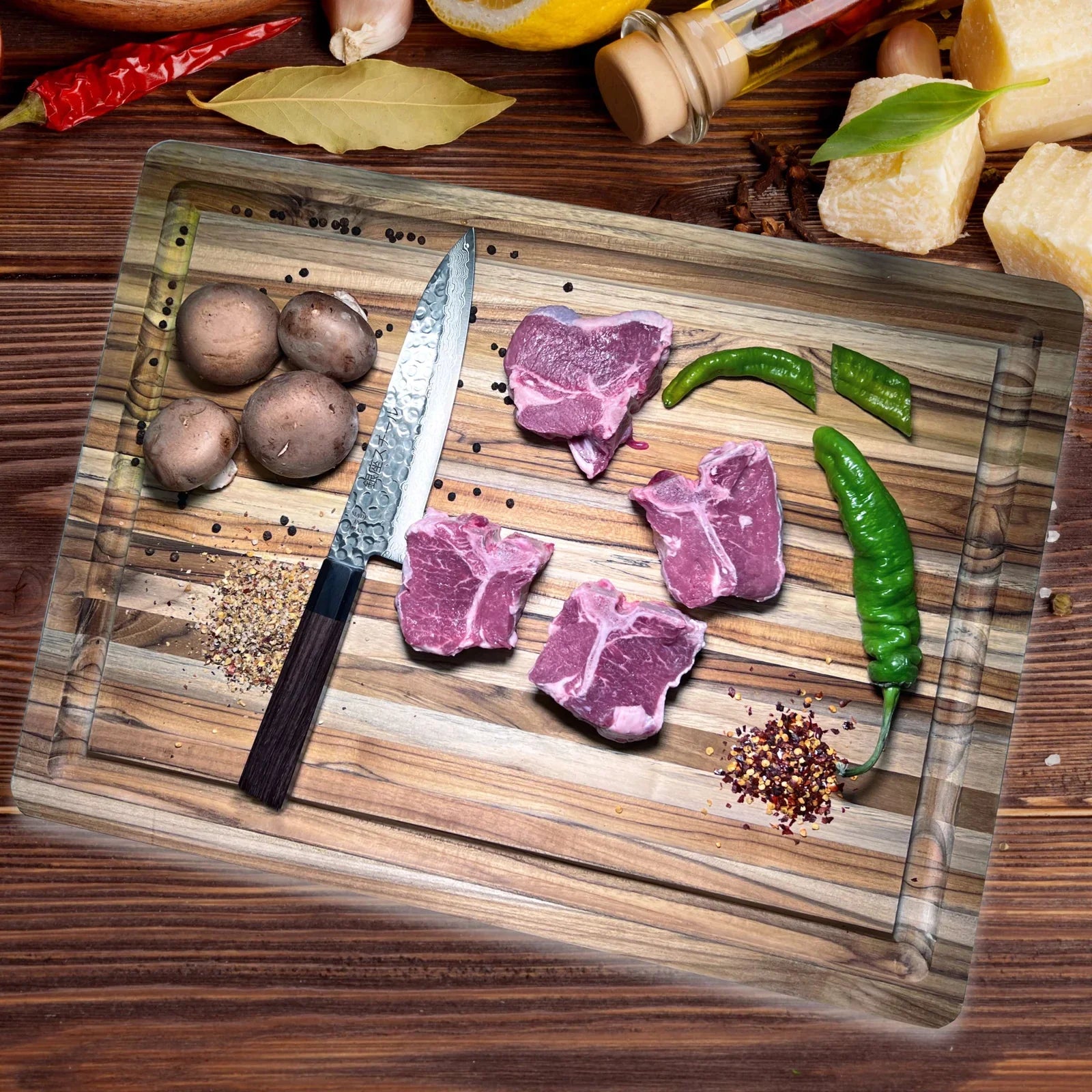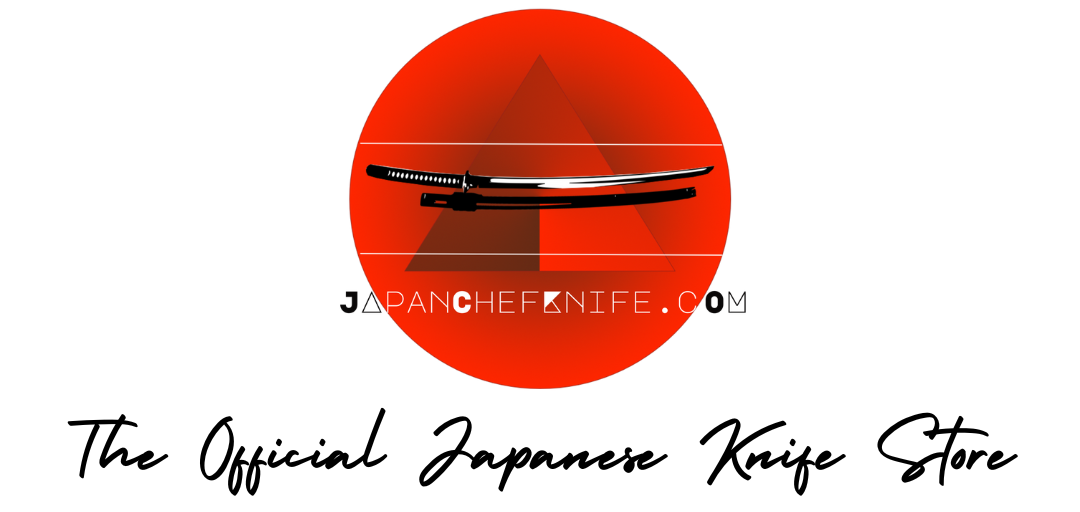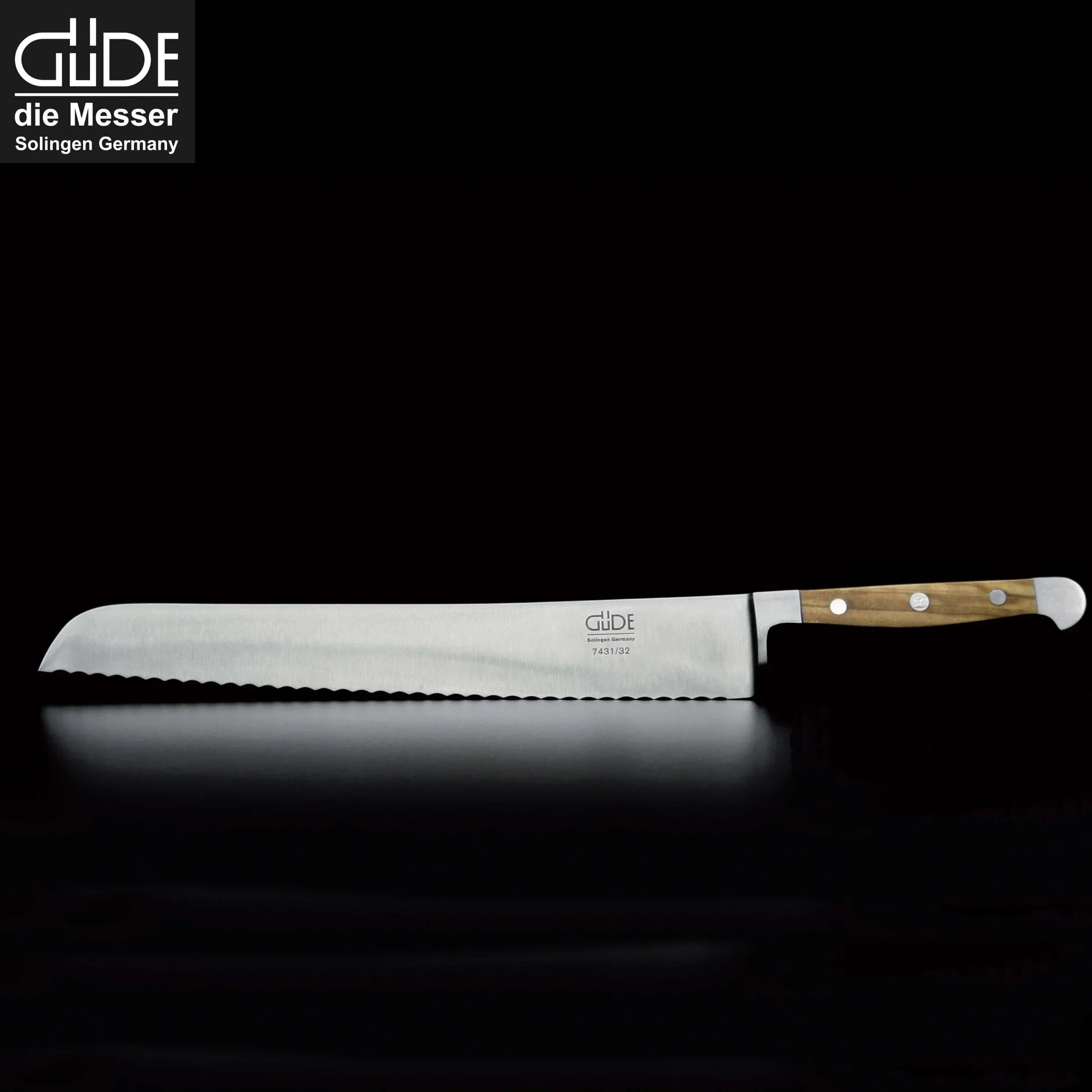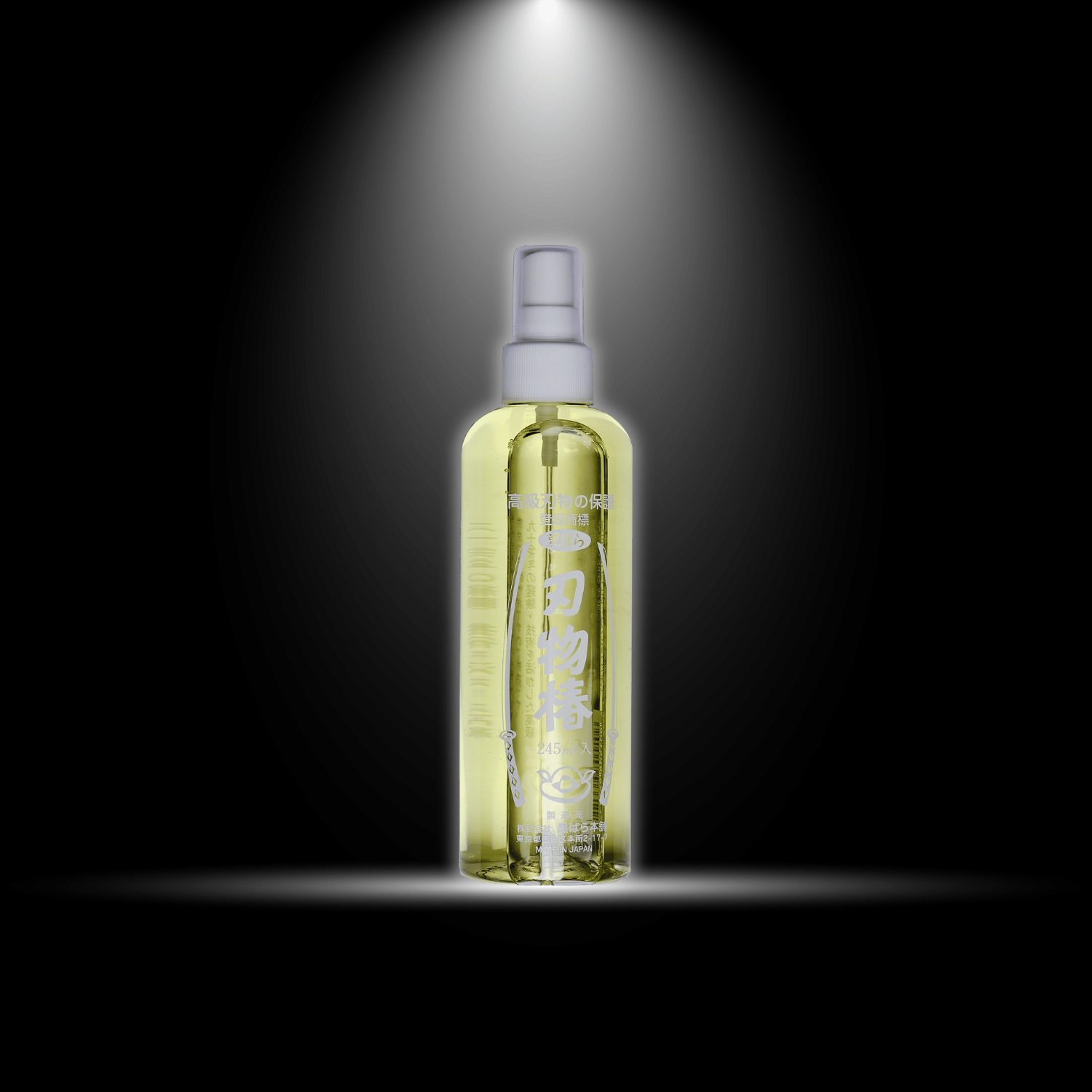
Decoding Japanese Gyuto Knife 210mm vs. 180mm – Unveiling the Better Blade
Size Matters: Navigating Japanese Gyuto Knives – Unveiling HAYAMI 200 and AMAYA 200
Embark on a journey into the world of Japanese cutlery, where the dimensions of a Gyuto knife play a pivotal role in shaping culinary experiences. Today, we delve into the nuanced realm of size comparisons, with a special focus on the coveted 210mm range. Explore the distinct advantages and characteristics of two exceptional knives available at JapanChefKnife.com – the HAYAMI 200 and AMAYA 200, now accessible in Canada.
Comparing Gyuto Sizes – 180mm vs. 210mm:
Size plays a pivotal role in the performance of a Gyuto knife, and the choice between 180mm and 210mm hinges on the nuances of culinary preferences. While both sizes have their merits, the 210mm Gyuto emerges as the more popular choice. Its extended length strikes a harmonious balance between agility and versatility, enhancing reach without compromising maneuverability. Chefs favor the 210mm size for its adeptness in precision slicing and efficient chopping, making it a versatile kitchen companion.
Exploring 200mm Size – HAYAMI 200 and AMAYA 200:
HAYAMI 200 – VG10 Excellence:
The HAYAMI 200 exemplifies precision and craftsmanship with its 200mm VG10 steel blade adorned in a captivating 69-layered Damascus pattern. Ideal for a myriad of kitchen tasks, the VG10 steel ensures a razor-sharp edge, impressive corrosion resistance, and durability.
Pros of HAYAMI 200:
- VG10 steel for exceptional sharpness and edge retention.
- 69-layered Damascus pattern for visual appeal.
- Versatile 200mm size for diverse kitchen applications.
Cons of HAYAMI 200:
- Slightly heavy due to the VG10 blade.
- Requires careful attention during sharpening.
AMAYA 210 – Swedish Steel Brilliance:
The AMAYA 210 introduces a unique charm with its 210mm blade crafted from High Carbon Swedish Steel 19C27 by Sandvik. Its hammered finish reduces drag during slicing, and the lightweight design is perfect for intricate tasks. Note that the wood handle is not dishwasher safe, and some chefs may prefer a heavier knife.
Pros of AMAYA 210:
- High Carbon Swedish Steel for lightweight precision.
- 45-layered Damascus steel for strength and visual appeal.
- Versatile 210mm size for a range of culinary applications.
Cons of AMAYA 210:
- Wood handle is not dishwasher safe.
- Some chefs may prefer a heavier knife.
In conclusion, the size of a Gyuto knife is a crucial consideration, and the 210mm range strikes an optimal balance. Dive into the culinary world with the




















Leave a comment
This site is protected by hCaptcha and the hCaptcha Privacy Policy and Terms of Service apply.